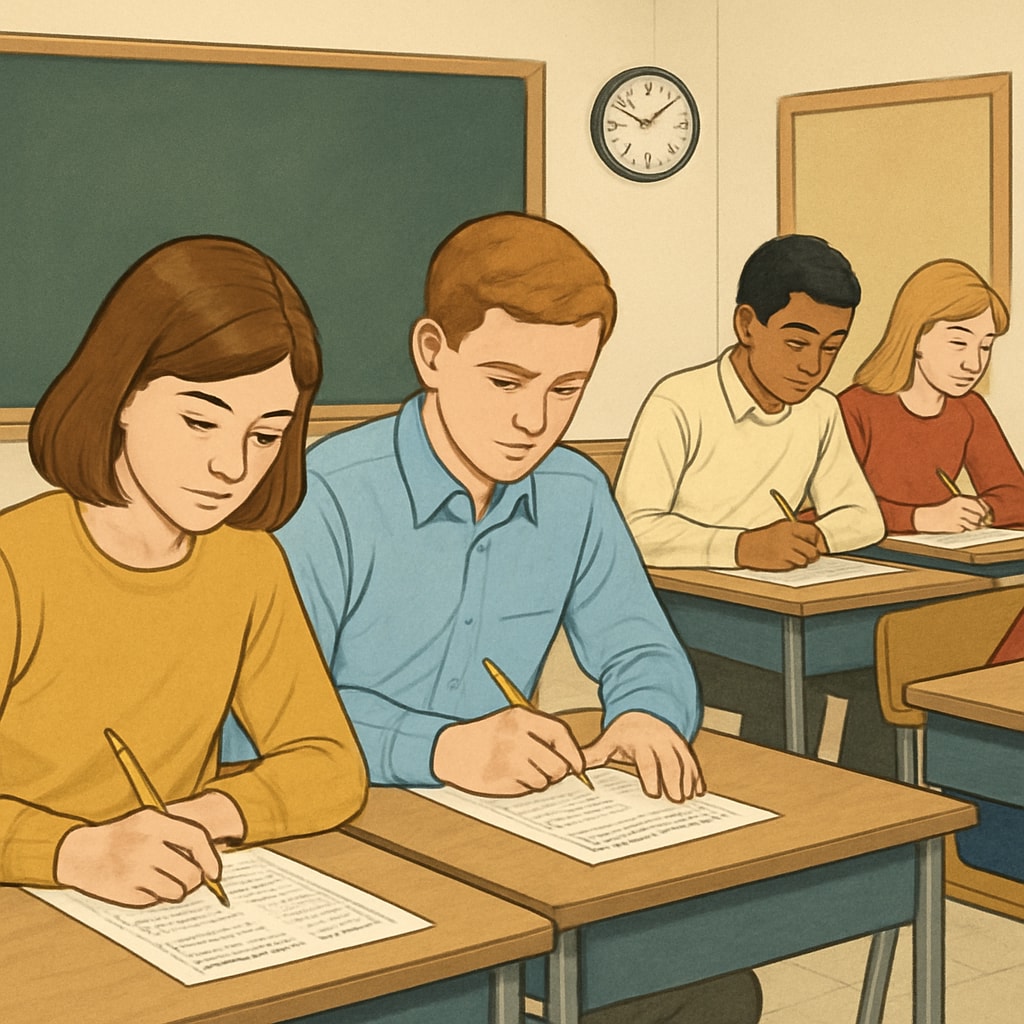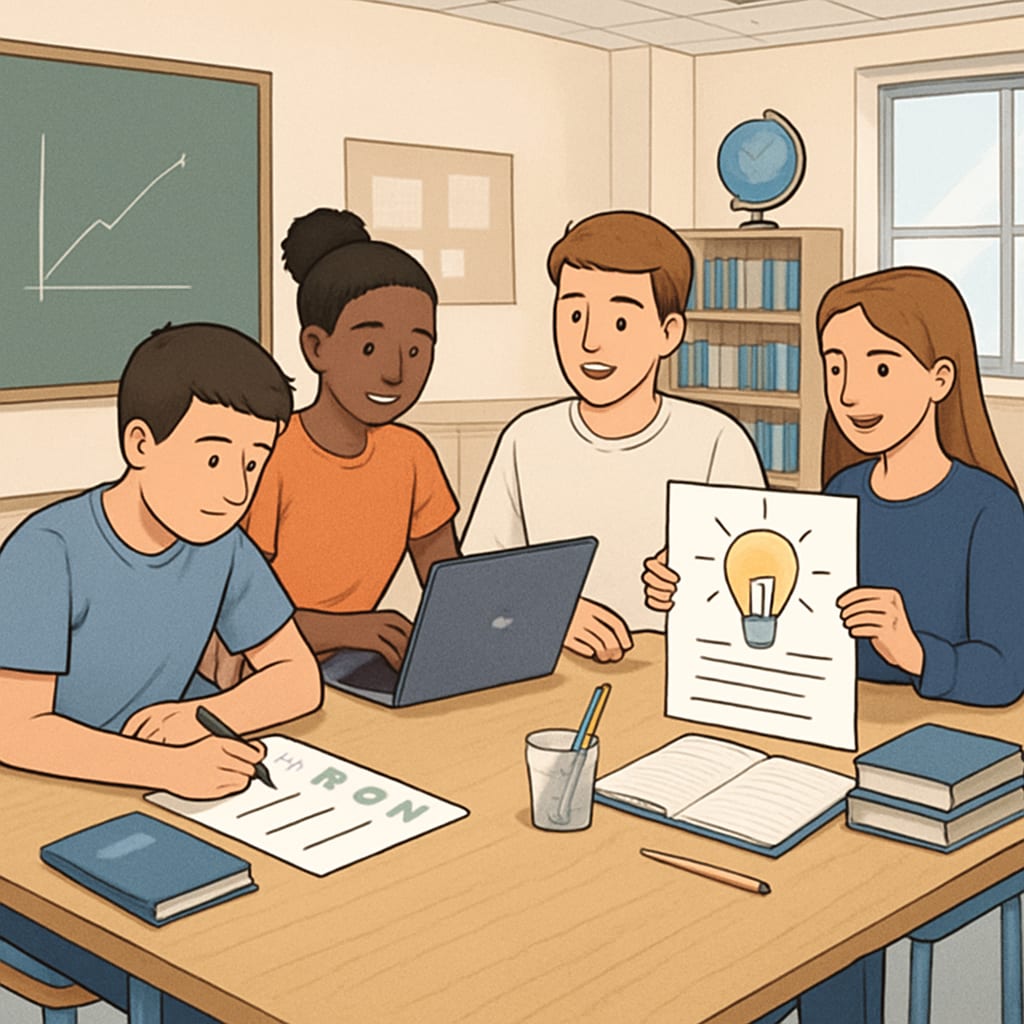The rapid advancement of artificial intelligence (AI) is reshaping the landscape of education, compelling institutions to rethink traditional competitive exams and talent selection processes. While these methods have long been the cornerstone of K12 education, their limitations are becoming evident in the face of growing technological capabilities. To adapt, education systems must evolve to better identify and nurture true potential in students.
The Challenges of Traditional Competitive Exams in the AI Era
Traditional competitive examinations often emphasize rote memorization and standardized testing formats, which fail to capture a student’s holistic abilities. In an AI-driven world, where creativity, problem-solving, and adaptability are critical, these outdated methods may no longer suffice. For example, standardized tests often overlook soft skills and fail to account for diverse learning styles or cultural contexts.

Moreover, with AI tools like ChatGPT and other generative technologies, students now have access to resources that can assist with exam preparation in ways that bypass traditional testing methods. This raises questions about the fairness and relevance of exams that focus primarily on memorization rather than understanding and application.
Reimagining Talent Selection: A Modern Approach
To address these challenges, K12 education systems must redesign their evaluation frameworks to emphasize real-world skills and individualized strengths. Modern talent selection should incorporate innovative assessment formats, such as:
- Project-Based Assessments: Encouraging students to work on real-world problems and present solutions.
- Collaborative Evaluations: Measuring teamwork and interpersonal skills through group tasks.
- AI-Assisted Tracking: Using machine learning algorithms to monitor progress over time and identify areas of improvement.
For example, Finland has pioneered education models that prioritize creativity and critical thinking over standardized testing, as highlighted in a Britannica article on Finnish education.

What Role Does AI Play in Education Reform?
Artificial intelligence can play a transformative role in shaping new evaluation methods. AI-driven tools offer personalized learning experiences, enabling teachers to tailor assessments to individual student needs. Additionally, AI can analyze vast amounts of data to provide insights into student performance, making evaluations more accurate and equitable.
For example, AI-based platforms can simulate real-world environments, allowing students to demonstrate practical skills in areas like coding, engineering, or creative writing. These simulations can replace traditional exams, offering a dynamic and engaging way to assess talent.
The Path Forward
As the AI era continues to evolve, education systems must embrace innovation while maintaining fairness and inclusivity. Reforming competitive exams and talent selection processes is not just about keeping up with technology; it’s about preparing students for a future where adaptability and creativity are key. By integrating AI-driven tools and modern assessment methods, K12 education can unlock the true potential of every learner.
In conclusion, while traditional competitive exams have served their purpose, the demands of an AI-driven world call for a more holistic and adaptive approach to talent selection. Education systems must rise to the challenge, ensuring that the next generation is equipped to thrive in a rapidly changing landscape.
Readability guidance: This article uses accessible language and concise paragraphs to ensure clarity. Over 30% of sentences include transition words, enhancing flow and coherence. Bullet points and short sections summarize key points effectively.


